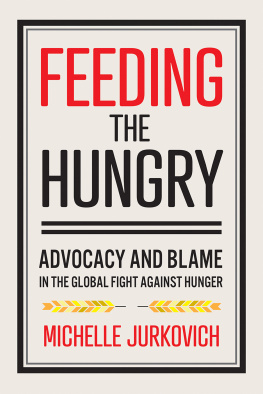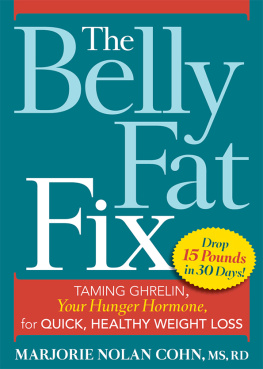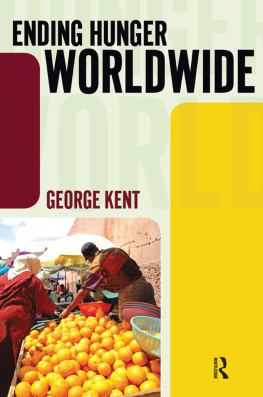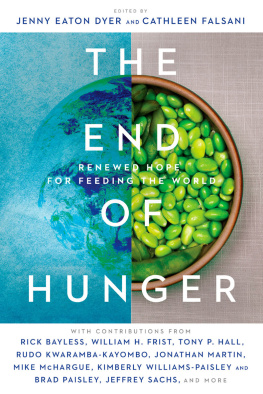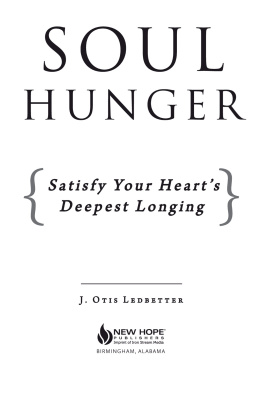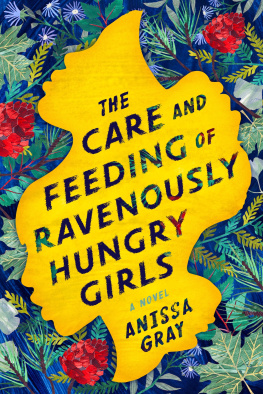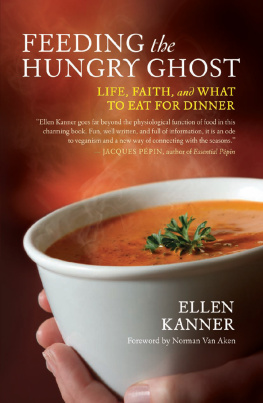Preface
I have written this book with a number of different audiences in mind. For human rights scholars, my goal is to make the case for expanding the scope of our inquiry to focus greater attention on economic and social rights and their campaigns. Our literature is severely lopsided. We now know a great deal about civil and political rights advocacy but have left an entire subset of rightsthat is, economic and social rightsunderexplored. This book looks at one case of an economic and social right, the right to food, and finds that many of the assumptions we make in our literature on human rights advocacy do not apply hereespecially assumptions about the nature of blame and the logic of advocacy that flows from these views. I develop an alternative model of advocacy, called the buckshot model, which I argue better explains the trajectories of campaigns in this issue area. The right to food shares many important characteristics with the larger category of economic and social rights, and there may be great theoretical and empirical payoffs to focusing greater attention on this subset of rights.
For constructivists, this book explores the implications for an issue area (hunger) when there is no norm present. Constructivist work often highlights how norms make some action possible, but does not look at the logical corollary: how a lack of a norm can make action impossible or less possible. In the hunger case, the lack of a norm makes centralized pressure around a single target less likely. Additionally, for constructivist scholars of human rights in particular, this book questions the assumption that all human rights actually have norms and explores the implications of the lack of a norm on advocacy efforts on the ground.
For legal scholars and constructivists, this book seeks to encourage new thinking on the varied role of international law in legitimating advocacy campaigns. We know little about why international law is used to legitimate advocacy campaigns in some issue areas but not in others. Moreover, the hunger case highlights how norms do not translate automatically from law. This study enables us to ask new questions about the relationship between law and norms and questions the primacy of focusing on law for the fulfillment of all human rights.
Finally, for activists, this book seeks to make sense of what international anti-hunger activists already know: advocacy in this issue area is extremely difficult. The book explores the conditions that contribute to making activism challenging here with the hope that greater understanding of these conditions can be useful going forward. During interviews, the staff members of these international anti-hunger organizations frequently expressed interest in knowing how their fellow activists understood questions of blame and solutions for the hunger problem. My hope is that they find the results as interesting and telling as I did.
This project would not have been possible without the generosity of the anti-hunger activists, archivists, colleagues, friends, and family who gave of their time, wisdom, good humor, and patience to see the book to completion. I am especially grateful to the many activists fighting tirelessly for a world without hunger who shared their stories and insight despite the many other demands on their time.
I am grateful to the American Consortium of European Union Studies; the Columbian College of Arts and Sciences and the Institute for European and Eurasian Studies, both at the George Washington University; the Loughran Foundation; and the University of Massachusetts Boston for their generous financial support in funding essential research trips to London, New York City, Oxford, Rome, and Washington, DC to conduct interviews, surveys, and archival work. Special thanks are due to Patricia Merrikin for helping me navigate the United Nations Food and Agriculture Organization (FAO) library collections and to Fabio Ciccarello for his assistance in accessing the FAO archives.
Research for this project began when I was at George Washington University, and I am especially grateful to Jennifer Clapp, Kimberly Morgan, Susan Sell, and Rachel Stein for their support and guidance throughout the research and writing process. My writing/support groupKelly Bauer, Kerry Crawford, and Jake Haselswerdtinfused the otherwise lonely task of writing early chapter drafts with baked goods and good spirit.
This book was largely rewritten during my time at the Watson Institute for International and Public Affairs at Brown University, where I benefited from a superb interdisciplinary community which pushed me to think outside the boundaries of political science. I am deeply grateful, in particular, to Jenny Greenburg for her support and insightful feedback, Gregory Duff Morton for our near daily conversations on core theories and concepts, Lucas Stanczyk for introducing me to new insights in philosophy, and Elizabeth Williams for her wisdom and advice on how to think about historical records. My writing group at Brown UniversityMaria Abascal, Casey Miller, and Perry Sherousehelped keep me on track with chapter revisions and, as sociologists and anthropologists, provided fresh perspectives from other fields.
Over the years I have benefited from the generous feedback of so many kind souls that I have now lost count. Special thanks to Holger Albrecht, Jessica Anderson, Peter Andreas, Narges Bajoghli, Davy Banks, Rob Blair, Mark Blyth, Keith Brown, Nitsan Chorev, Dara Cohen, Jeff Colgan, Anjali Kaushlesh Dayal, Janice Gallagher, Amy Hsieh, Katie Kuhn, Elise Leclerc-Gagn, Dov Levin, Rick Locke, Catherine Lutz, Raul Mediratta, Gabriel Michael, Jonas Nahm, Yusuf Neggers, Joseph OMahoney, Mara Pillinger, Mathias Poerter, Amanda Rizkallah, Andrew Schrank, Jonah Schulhofer-Wohl, Dillon Stone Tatum, Oliver Westerwinter, and Rawan Zoubi who provided valuable feedback as the book developed. Honora Chapman, Stephen Rodemeyer, and Liza Wieland provided much appreciated mentorship along the way. I am grateful to Amartya Sen for his kindness in taking me to lunch and discussing this research when I was a new junior faculty member in town. Melissa Lee and I walked through the writing and revising process for our book manuscripts at the same time, and I am very grateful for her support, feedback, and the sharing of drinks and phone calls along the way. I am grateful, too, for the excellent research assistance of Olabode George Igandan and Jane Olmstead-Rumsey.
I am deeply appreciative to the International Studies AssociationNortheast for selecting this manuscript as the 2016 Northeast Circle Honoree and hosting a roundtable discussion on it. Sammy Barkin, Jamie Frueh, Andrew Ross, and Deborah Wheeler all read the entire manuscript and provided valuable feedback. A second book workshop was hosted by the Watson Institute for International and Public Affairs in April 2017 and I am especially grateful to Charli Carpenter, Michael Kennedy, Robert Paarlberg, and Wayne Sandholtz for reading the entire manuscript and providing insightful comments and suggestions as it underwent its next round of revisions. These scholars represent what is best in this professionthe incomparable generosity of spirit (and time!) in helping build new scholarship.
This book was completed at the University of Massachusetts Boston, where I am grateful to my colleagues and students for their support and insight. I am especially grateful to Sammy Barkin, Joseph Brown, Leila Farsakh, Luis Jimnez, Paul Kowert, Jeffrey Pugh, and the graduate students in my Human Security seminar for providing feedback on several chapters. The book was made stronger by the helpful feedback given by participants of workshops and seminars where I presented chapters and core ideas of the manuscript, including at Brown University, the George Washington University, Harvard University, Northwestern University, Occidental College, the Ohio State University, Reed College, the University of Alabama, the University of California Riverside, and the University of Southern California.

